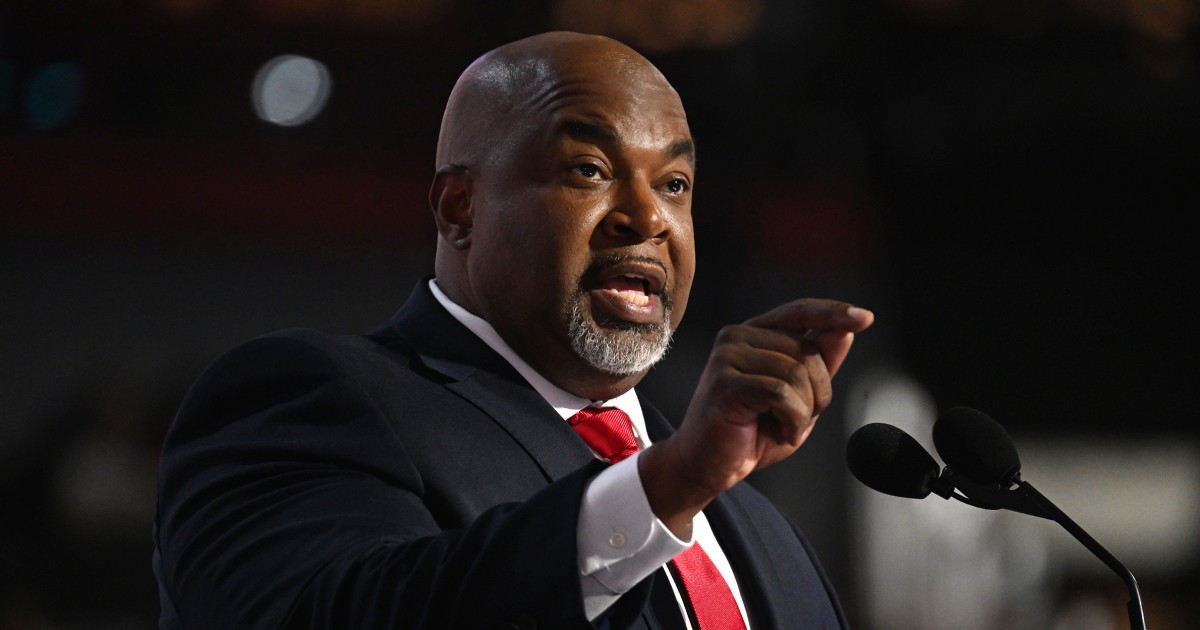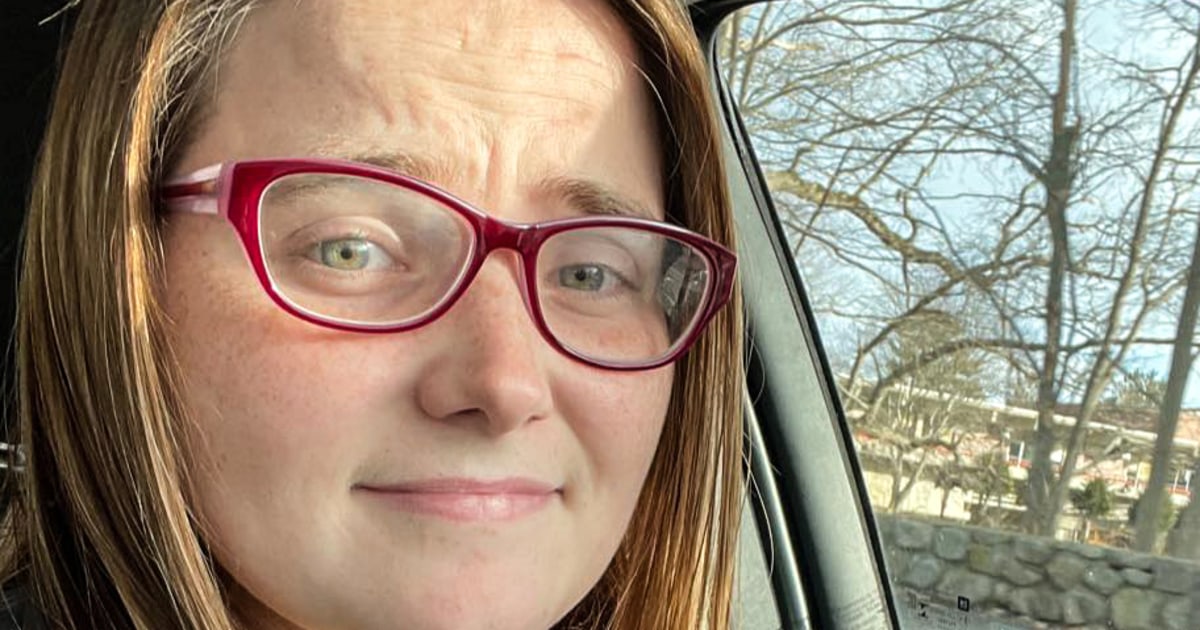Mental health professionals testified Thursday in the murder trial for a Rankin County teenager accused of fatally shooting her mother. Carly Gregg, 15, is charged as an adult in the March 19 shooting that killed her mother, Ashley Smylie. Gregg is also accused of shooting her stepfather, Heath Smylie, who survived with a graze wound to his shoulder. During testimony Thursday, Dr. Jason Pickett, a psychiatrist, described Gregg’s actions as “diabolical.” Pickett said he spent more than four hours interviewing Gregg with her attorney present. Pickett said he also reviewed evidence before writing an 85-page report for the prosecution. “In my opinion, Carly does not meet Mississippi’s standard for insanity at the time of the offense and she knew the nature and quality of her actions on that day,” Pickett said.Pickett went on to reference testimony that Gregg’s father was diagnosed with bipolar disorder and her concerns about showing symptoms of the condition. Pickett said based on his evaluation of medical records and what Gregg told him, he questioned the bipolar diagnosis and treatment for her father, and therefore the possibility that she too, may have the disorder.”I highly doubt and do not believe Carly has bipolar disorder,” Pickett said. The prosecution called nurse practitioner Olivia Leber on Thursday as a rebuttal witnesses. Leber said she first met with Gregg in January 2024, at which time, Gregg filled out a form and checked “No,” to a question that asked if she was hearing voices. Leber said Gregg was diagnosed with major depressive disorder and adjustment disorder. Gregg had complained of being depressed, which Leber noted wasn’t chronic. Otherwise, Gregg appeared to have normal responses during their appointment.“She denied hallucinations or delusions,” Leber said.In a follow-up appointment on March 12, Leber said Gregg complained of feeling “like a zombie.” Leber told Gregg to taper off the Zoloft she was taking, while starting a new medication, Lexapro. Leber said Gregg never reported hearing voices or lapses in memory.Leber said she met with Gregg three times between January and March. Gregg’s mother was in the room during each appointment. Rebecca Kirk, a licensed professional counselor, met with Gregg in January. Gregg and Ashley Smylie reported that Gregg was having intrusive, disruptive thoughts, was easily angered and was having trouble sleeping. Gregg denied hearing voices.Kirk said she met with Gregg nine times. She said Gregg appeared to be smart and enjoyed school. They talked about “Crime and Punishment,” a novel by Russian author Fyodor Dostoevsky, about a former student who is alienated from society because he feels superior. The character murders a woman and then is wracked with guilt.Kirk noted in their final session that Gregg wasn’t experiencing any suicidal or homicidal tendencies, nor did she report experiencing any side effects from her medication. Dr. Amanda Gugliano, the director of Forensic Evaluation Services at the Mississippi State Hospital at Whitfield, spent several hours evaluating Gregg after she was arrested. Gregg’s attorney was there during the session. Gregg told Gugliano that when she thought about “the alleged offenses,” she felt queasy. Gugliano had a discussion with Gregg about hearing voices.”She said she had been hearing one voice, a male voice, since she was young — maybe around 5 or 6 years old — which is unusual,” Gugliano said. “She said she heard the voice every day, but it was always in the background and she was able to tune it out.” Gugliano was asked why it’s unusual for a young child to hear voices.”It could be their inner thoughts, inner dialogue, and they don’t understand what that is,” Gugliano said.Gregg told Gugliano that the voices never told her to do anything; they usually made snide comments about other people. They didn’t say anything about Gregg’s mother or stepfather, Gugliano said, which is contrary to what psychiatrist Dr. Andrew Clark said during his testimony on Wednesday. Clark said Gregg was experiencing a mental health crisis at the time of the shooting and testified that she doesn’t remember shooting her mother. Carly Gregg was 14 years old when the shooting took place at the family’s home in Brandon. Security video shows Gregg and her mother returning from Northwest Rankin High School, where Ashley Smylie was a teacher and Gregg was a student. The video shows Gregg walking past the kitchen and then the sound of a scream and three gunshots. Gregg then walks back into the kitchen and seemed to calmly pick up and look at her cellphone. Clark believes that a new medication for depression launched Gregg into a spiral in the days before the shooting. Clark said Gregg’s lows were lower and her highs were higher and the voices, which she hadn’t told anyone about, were getting worse in the days before the shooting. If convicted, Gregg faces 20 years to life in prison. Carly Gregg CasePsychiatrist says Carly Gregg doesn’t remember shooting that killed her motherVideo from inside home shows Carly Gregg and what appears to be the sound of 3 gunshots Jury hears 911 call made by teen murder suspect’s stepfather after he was shot, girl’s mother killedProsecutors: Carly Gregg smoked marijuana the day before shootingTeen murder suspect competent to stand trialCarly Gregg rejects plea dealRankin County teen charged in mother’s shooting death to stand trial in September14-year-old girl charged as adult in shooting that killed mother, injured stepfather
Mental health professionals testified Thursday in the murder trial for a Rankin County teenager accused of fatally shooting her mother.
Carly Gregg, 15, is charged as an adult in the March 19 shooting that killed her mother, Ashley Smylie. Gregg is also accused of shooting her stepfather, Heath Smylie, who survived with a graze wound to his shoulder.
This content is imported from YouTube.
You may be able to find the same content in another format, or you may be able to find more information, at their web site.
During testimony Thursday, Dr. Jason Pickett, a psychiatrist, described Gregg’s actions as “diabolical.” Pickett said he spent more than four hours interviewing Gregg with her attorney present. Pickett said he also reviewed evidence before writing an 85-page report for the prosecution.
“In my opinion, Carly does not meet Mississippi’s standard for insanity at the time of the offense and she knew the nature and quality of her actions on that day,” Pickett said.
Pickett went on to reference testimony that Gregg’s father was diagnosed with bipolar disorder and her concerns about showing symptoms of the condition. Pickett said based on his evaluation of medical records and what Gregg told him, he questioned the bipolar diagnosis and treatment for her father, and therefore the possibility that she too, may have the disorder.
“I highly doubt and do not believe Carly has bipolar disorder,” Pickett said.
The prosecution called nurse practitioner Olivia Leber on Thursday as a rebuttal witnesses. Leber said she first met with Gregg in January 2024, at which time, Gregg filled out a form and checked “No,” to a question that asked if she was hearing voices.
Leber said Gregg was diagnosed with major depressive disorder and adjustment disorder. Gregg had complained of being depressed, which Leber noted wasn’t chronic. Otherwise, Gregg appeared to have normal responses during their appointment.
“She denied hallucinations or delusions,” Leber said.
In a follow-up appointment on March 12, Leber said Gregg complained of feeling “like a zombie.” Leber told Gregg to taper off the Zoloft she was taking, while starting a new medication, Lexapro. Leber said Gregg never reported hearing voices or lapses in memory.
Leber said she met with Gregg three times between January and March. Gregg’s mother was in the room during each appointment.
Rebecca Kirk, a licensed professional counselor, met with Gregg in January. Gregg and Ashley Smylie reported that Gregg was having intrusive, disruptive thoughts, was easily angered and was having trouble sleeping. Gregg denied hearing voices.
Kirk said she met with Gregg nine times. She said Gregg appeared to be smart and enjoyed school. They talked about “Crime and Punishment,” a novel by Russian author Fyodor Dostoevsky, about a former student who is alienated from society because he feels superior. The character murders a woman and then is wracked with guilt.
Kirk noted in their final session that Gregg wasn’t experiencing any suicidal or homicidal tendencies, nor did she report experiencing any side effects from her medication.
Dr. Amanda Gugliano, the director of Forensic Evaluation Services at the Mississippi State Hospital at Whitfield, spent several hours evaluating Gregg after she was arrested. Gregg’s attorney was there during the session.
Gregg told Gugliano that when she thought about “the alleged offenses,” she felt queasy. Gugliano had a discussion with Gregg about hearing voices.
“She said she had been hearing one voice, a male voice, since she was young — maybe around 5 or 6 years old — which is unusual,” Gugliano said. “She said she heard the voice every day, but it was always in the background and she was able to tune it out.”
Gugliano was asked why it’s unusual for a young child to hear voices.
“It could be their inner thoughts, inner dialogue, and they don’t understand what that is,” Gugliano said.
Gregg told Gugliano that the voices never told her to do anything; they usually made snide comments about other people. They didn’t say anything about Gregg’s mother or stepfather, Gugliano said, which is contrary to what psychiatrist Dr. Andrew Clark said during his testimony on Wednesday.
Clark said Gregg was experiencing a mental health crisis at the time of the shooting and testified that she doesn’t remember shooting her mother.
Carly Gregg was 14 years old when the shooting took place at the family’s home in Brandon. Security video shows Gregg and her mother returning from Northwest Rankin High School, where Ashley Smylie was a teacher and Gregg was a student.
The video shows Gregg walking past the kitchen and then the sound of a scream and three gunshots. Gregg then walks back into the kitchen and seemed to calmly pick up and look at her cellphone.
Clark believes that a new medication for depression launched Gregg into a spiral in the days before the shooting. Clark said Gregg’s lows were lower and her highs were higher and the voices, which she hadn’t told anyone about, were getting worse in the days before the shooting.
If convicted, Gregg faces 20 years to life in prison.



















